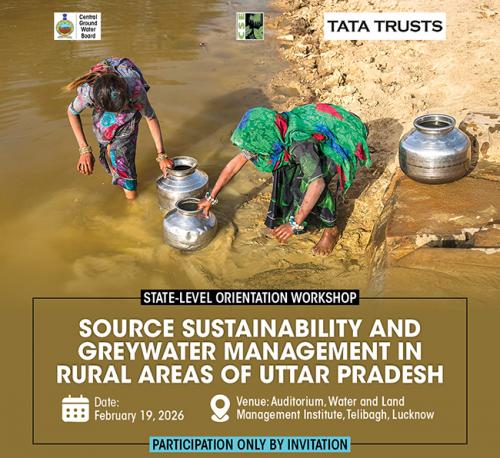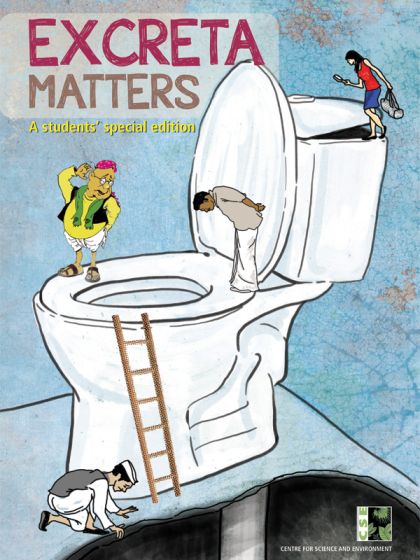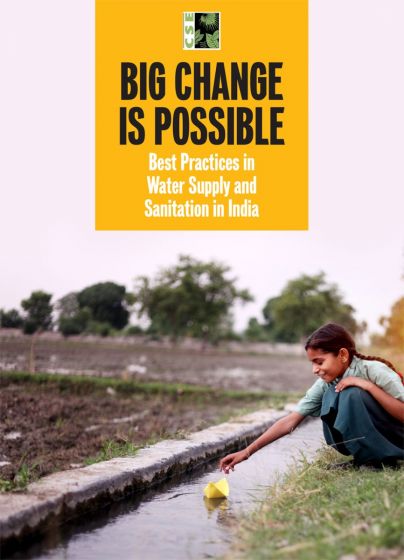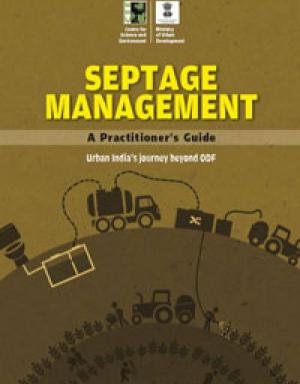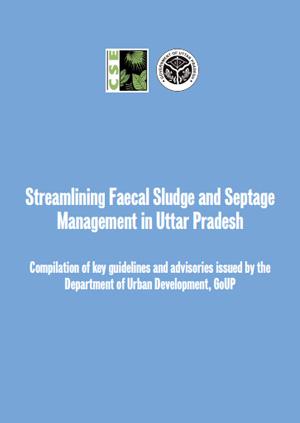Work Overview
| WATER PROGRAM - CSE | |
 |
|
| Download pdf |
The fundamental principle underlying CSE’s water management programme is that the looming water crisis facing the country is not primarily due to a lack of water, but rather arises from mismanagement of water resources. The centralized management paradigm has kept the citizens out and taken away their sense of responsibility towards managing their water.
Given the growing population and water demand, the government will find it extremely difficult to raise financial resources to meet the growing water needs as well as to clean up the increasing levels of polluted water. The answers to meeting the challenge of the water crisis lie in a participatory, efficient and sustainable water management paradigm.
MORE +Updates
School of water and waste (urban and rural)
Orientation Workshop-Source Sustainability and Greywater Management in Rural Areas of Rajasthan
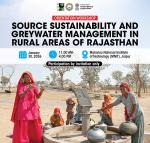
Water and Wastewater Management
Revive Your River

School of water and waste (urban and rural)
Promoting Sustainable FSM in South Africa

Water and Wastewater Management
Key Publications
MORE +Water and Wastewater Management
BLOGS
 Delhi water crisis: How to address water shortage in our dense unplanned settlements Delhi water crisis: How to address water shortage in our dense unplanned settlementsBy: Depinder Kapur, Amit Choudhary |
 Innovative methods are key to encouraging reuse of treated wastewater in India by building trust Innovative methods are key to encouraging reuse of treated wastewater in India by building trustBy: Faraz Ahmad |
 Water for our Cities: Revisiting water-sensitive urban design and planning and other frameworks Water for our Cities: Revisiting water-sensitive urban design and planning and other frameworksBy: Depinder Kapur |
 नई सरकार, नई उम्मीदें: पानी और स्वच्छता के लिए और तेज करने होंगे प्रयास नई सरकार, नई उम्मीदें: पानी और स्वच्छता के लिए और तेज करने होंगे प्रयासBy: Depinder Kapur, Sushmita Sengupta, Sumita Singhal |
 Delhi’s water woes: Megacity should control wastage, regulate industrial usage & address disparity to combat shortage Delhi’s water woes: Megacity should control wastage, regulate industrial usage & address disparity to combat shortageBy: Depinder Kapur |
 New Government’s Agenda: Think long-term New Government’s Agenda: Think long-termBy: Depinder Kapur, Sushmita Sengupta, Sumita Singhal |
 World Environment Day 2024: Effective faecal sludge management can help address sanitation woes in Ethiopia World Environment Day 2024: Effective faecal sludge management can help address sanitation woes in EthiopiaBy: Umra Anees |
